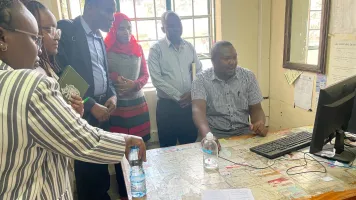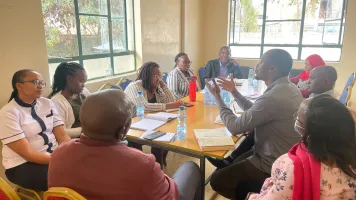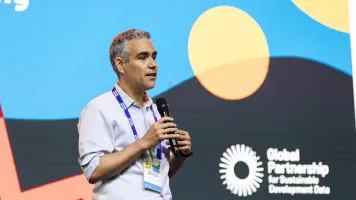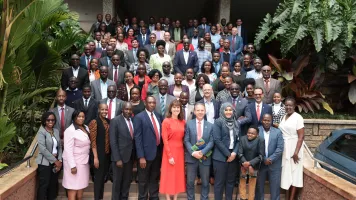
Accountable data governance
We want to unlock the opportunities of data for all, making well-governed data standard practice.
Filter by:


Advancing Expertise in Health Data Governance: Lessons from the Ministries of Health in Kenya and Zanzibar

Meeting children where they are: Perspectives on data re-use from the Youth Solutions Labs

Unlocking the power of data: The Global Partnership's highlights from 2023

The Global Digital Compact is an opportunity to set a baseline for data governance

Better data on water quality and resources for better decisions

Mejores datos sobre la calidad del agua para una mejor toma de decisiones

Cómo los datos están mejorando el acceso al agua potable en Paraguay

How data is improving access to clean water in Paraguay

The power of data in action

E-learning course: Effective and Ethical Data Sharing at Scale
